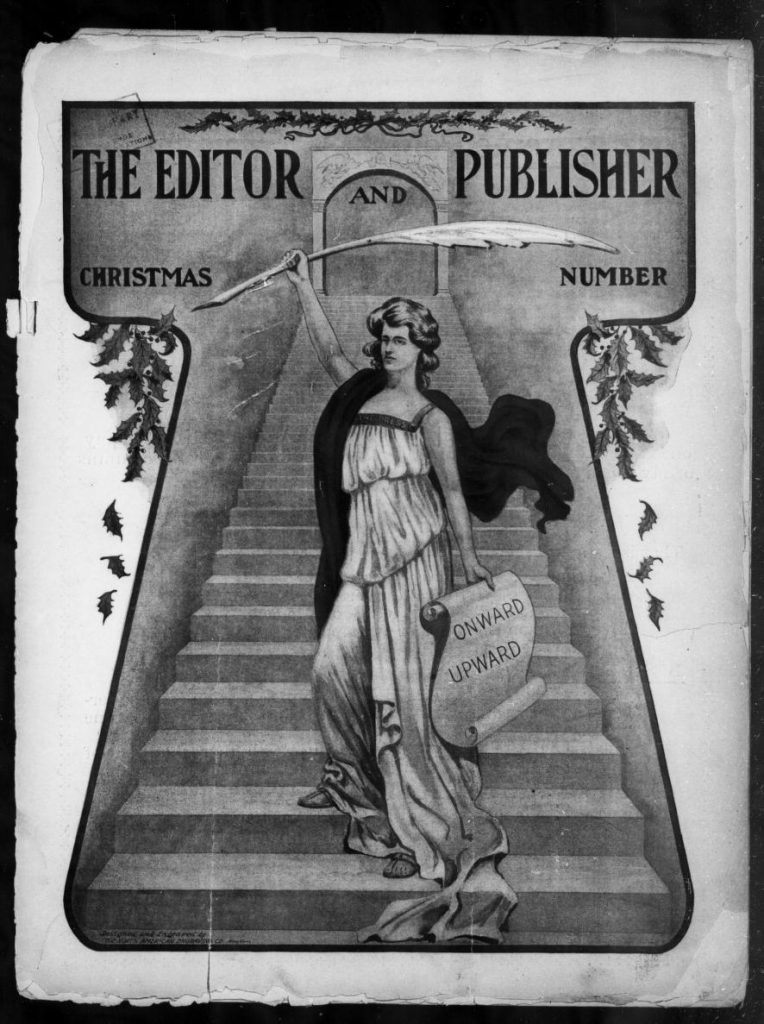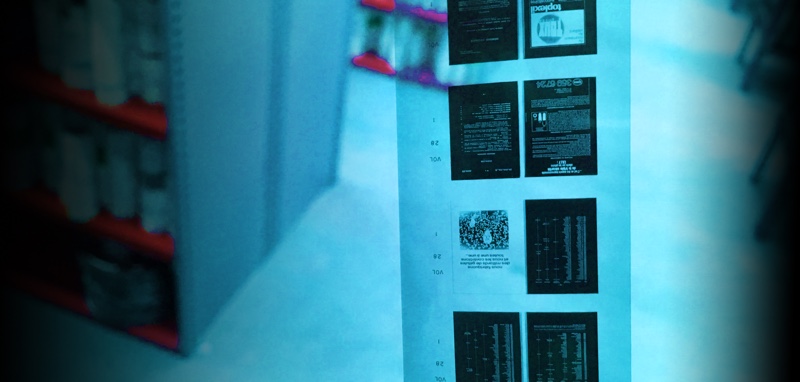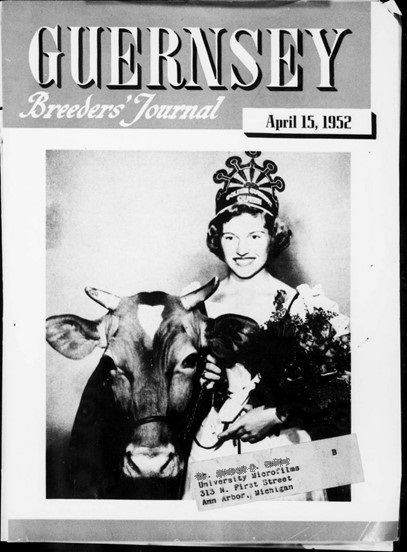[press: niemanlab]
When Mike Blinder acquired Editor & Publisher magazine in October 2019, he inherited boxes of back issues that he put in a climate-controlled storage unit near his home in Tampa, Florida. Leafing through the old — and sometimes brittle — pages of the journalism trade publications, he noticed a reference to microfilm access to the content.
Blinder, a media consultant for more than 40 years, says he turned detective trying to track down the missing E&P on microfilm. The odyssey would take him to past owners and bankruptcy documents before discovering that the canisters of microfilm had been purchased and given to the Internet Archive to digitize and make available to the public for free.
When Blinder called Brewster Kahle of the Internet Archive and found out we had the microfilm for his back issues, he was very excited to find the microfilm was not only safe, but that the Internet Archive would digitize all of the issues at no cost to him. Blinder enthusiastically gave permission for the full 100-year history to be read and downloaded by anyone, anywhere – along with E&P’s International Yearbook and Market Guide. Going beyond the Internet Archive’s traditional lending system ensures it can be indexed by search engines and made maximally useful to readers and researchers.
“I just went nuts,” Blinder recalls of learning about the project earlier this year. “I read history all the time. The fact that content about this incredible industry was available to humanity was exceptionally exciting.”
The ability to research these archived issues has been truly exciting, especially for those looking up historical documents, many with a personal or family connection. Amy Levine is the daughter of the former publisher of sixteen small newspapers in Northern California. When Levine looked up the past issues featuring her father Mort and his legacy, she was all over it. “I loved it,” said Levine, “and I showed my father– he loved sharing his past accomplishments with me.”
Hiring a company to scan the stacks of print copies would have been a massive and expensive undertaking that Blinder says he didn’t have the funds to do. Turning microfilm into digital content is much easier and the process was underway at the Internet Archive at no cost to him.
“It was good news,” Blinder says. “[The press] is part of the constitution. Our founding fathers told us that we needed to exist.”
While Blinder says he thinks there is enough demand to charge for access to this collection of magazines, he’s glad the information is freely available for journalism students, scholars, and the general public. Blinder plans to tell his colleagues in the media business about the newly established digital collection and says he’s confident there will be an audience for the material.
“There are a lot of people who study our industry. We are in such a crisis now,” says Blinder of the competition from social media and struggles of daily newspapers. Over the years, E&P has chronicled changes in the business during times of recession, war, and cultural change. It includes awards for publishers of the year and young journalism professionals. Blinder anticipates the collection will appeal to people who want to look back at past trends.
“There are a lot of people who study our industry. We are in such a crisis now”
Mike Blinder, Editor & Publisher magazine
Since purchasing E&P last year, Blinder and his wife, Robin, have been able to turn the operation around, doubling its revenues and tripling its audience.
“We love journalism. We want to talk about journalism as a business,” Blinder says. “We are an independent voice for the industry.”
Now you can read 100 years of history in the archive of Editor & Publisher magazine.




